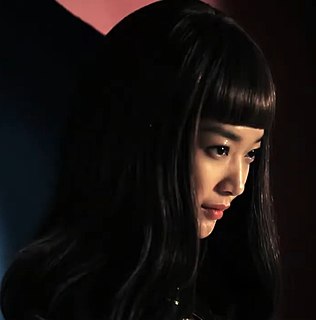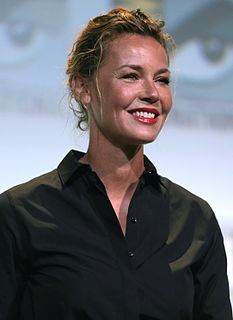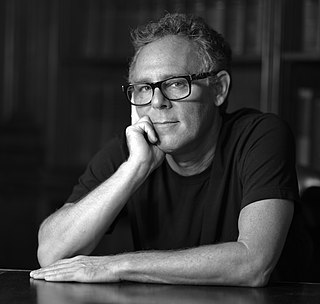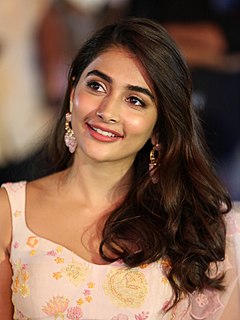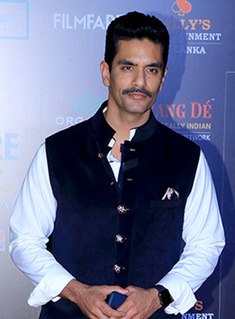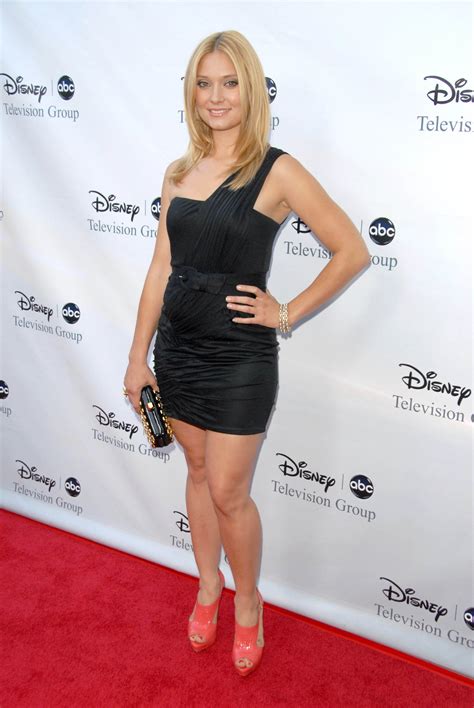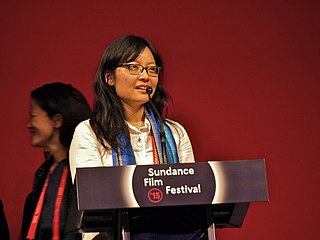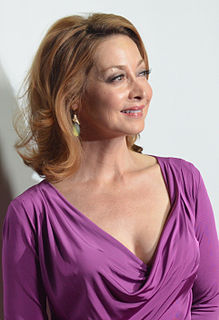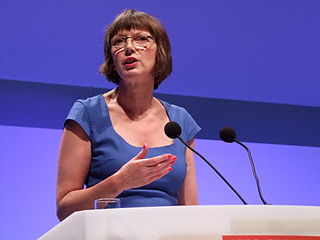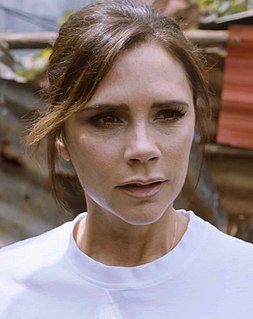A Quote by Shin Min-a
In Hollywood as well as other countries, there's an increasing number of films that women can lead in, which is really welcoming news, and I'm really happy to be able to film a women-centric movie.
Related Quotes
I've played lots of strong women in film, in big Hollywood films, and I've sometimes had a hard time in coming to a consensus of what makes a woman strong. What is it that positions her as a force to be reckoned with? And I think it's because there's an expectation from the get-go that she isn't. If you're not starting from a deficit as a point of view, but you're starting from an assumption that says, "Well, this is what women really are," then it's a really freeing experience as an actor and as a woman.
You have women that are political commentators that are talking about the elections, talking about the news of the day, and really helping shape how information is disseminated. I feel we're reaching a whole new audience, which is great to be able to bring in and encourage other young women to do this.
Women sometimes really love to look at other beautiful women on the screen. But they don't look at a woman the way a man looks at a woman. They want to be that woman. They like if a woman is beautiful or sexy, especially if she's powerful. They like to see her catch a man, or to be powerful in the world. I think this is why a lot of women love noir films and classic films because they can really identify with these really strong, beautiful women. That's the kind of power that women have lost culturally.
It's a fact, the majority of films in Hollywood are from the male perspective. And the female characters, very rarely do they get to speak to another female character in a movie, and when they do it's usually about a guy, not anything else. So they're very male-centric, Hollywood films, in general. So I think it's incredible that Ned Benson, when I said I'd love to know where she goes, says okay, I'm going to write another film from the female perspective.
Female directors really do need to support each other. Too many times I've been led to believe that my direct competition was other women, as if there can be only a handful of successful female filmmakers a year. That conversation, that perception, needs to change. Women are the people who have helped me make films I love, and I want to be that kind of strength to other women.
I was the Chair of the WIFF Foundation, which is the philanthropic arm of Women In Film. The foundation runs the several programs including one that provide our film finishing fund. So we help women complete their films with a grant from Netflix. It's great to be associated with award winning films like 'Freeheld' and 'Circumstance'.
Personally I get so much of my inspiration from women in other countries, so I don't feel like American women are the leaders and I don't agree with the notion that Americans can accomplish more or do more. But I do think that what we can uniquely do here in America is mobilize and galvanize a lot of these ideas and resources. It's a war of ideas. We, Islamic women, are very well supported in this country by institutions, academic and nonprofit, that are already in the field endorsing women's rights and tolerance. The women in other communities have been the pioneers in this work.
